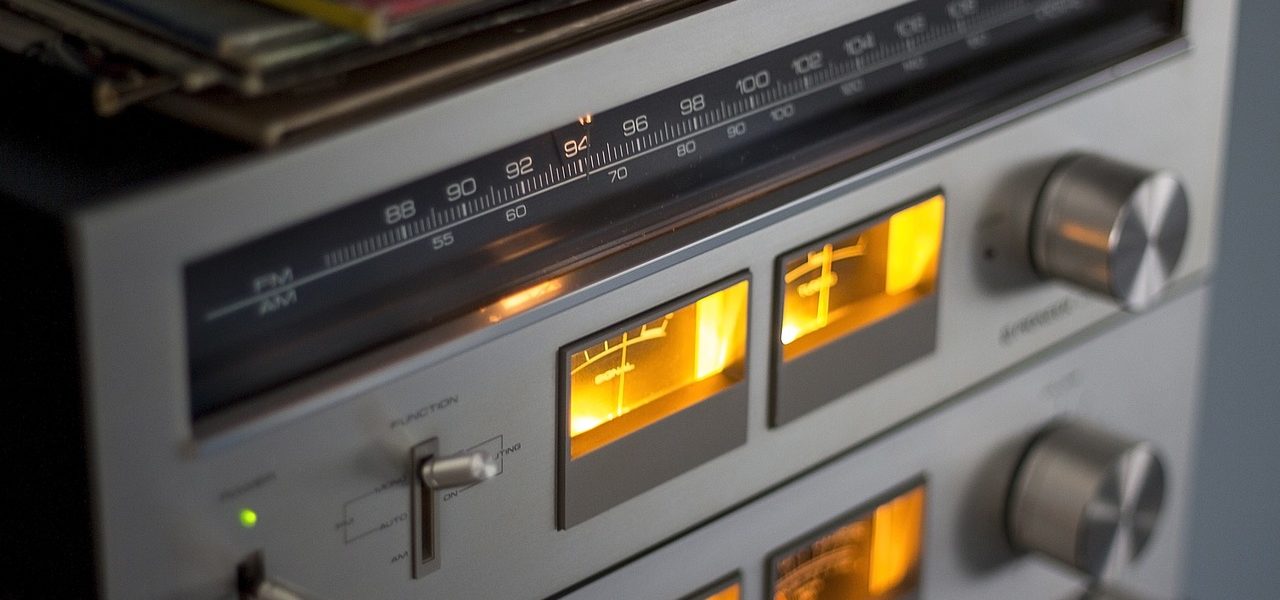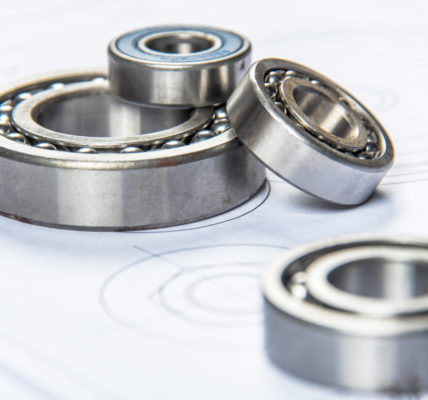Audio Amplifiers Review, Opinions, Selection
Audio amplifiers review. In the audiophile world audio aplifiers are a crucial component that significantly impacts sound quality. Whether you’re a dedicated music lover or a professional sound engineer, choosing the right amplifier can dramatically enhance your listening experience. But what makes an amplifier “good”? Here’s an Audio Amplifiers review of the main types of amplifiers, their characteristics, and some opinions on them.
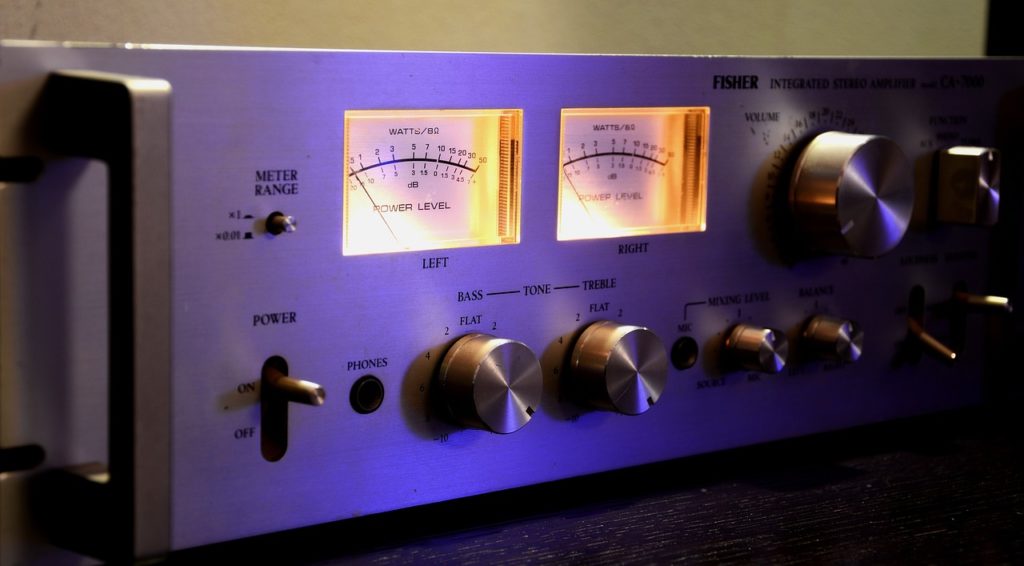
Types of Audio Amplifiers
There are several main types of amplifiers, each differing in design and technology:
- Tube amplifiers: Known for their “warm” sound and natural tone, tube amplifiers are a favorite among audiophiles. Vacuum tubes give the sound a certain softness, which many people appreciate, especially when listening to analog music. However, they are less energy-efficient and require frequent maintenance, as the tubes wear out over time.
- Transistor (solid-state) amplifiers: Transistor amplifiers are more reliable and efficient than tube amplifiers. They offer greater power and less signal distortion, making them more suitable for larger speaker systems. The sound is clean, but it sometimes lacks the warmth that tube amplifiers provide.
- Hybrid amplifiers: Combining the best of both worlds, hybrid amplifiers use tubes for pre-amplification and transistors for the final amplification. This way, you can achieve warmer sound with the power and stability that solid-state amplifiers offer.
- Class D amplifiers: Known for their high efficiency, Class D amplifiers are lightweight and compact. They are often used in modern audio systems and portable setups. Although they were once criticized for their sound quality, contemporary models offer surprisingly good performance with minimal energy consumption.
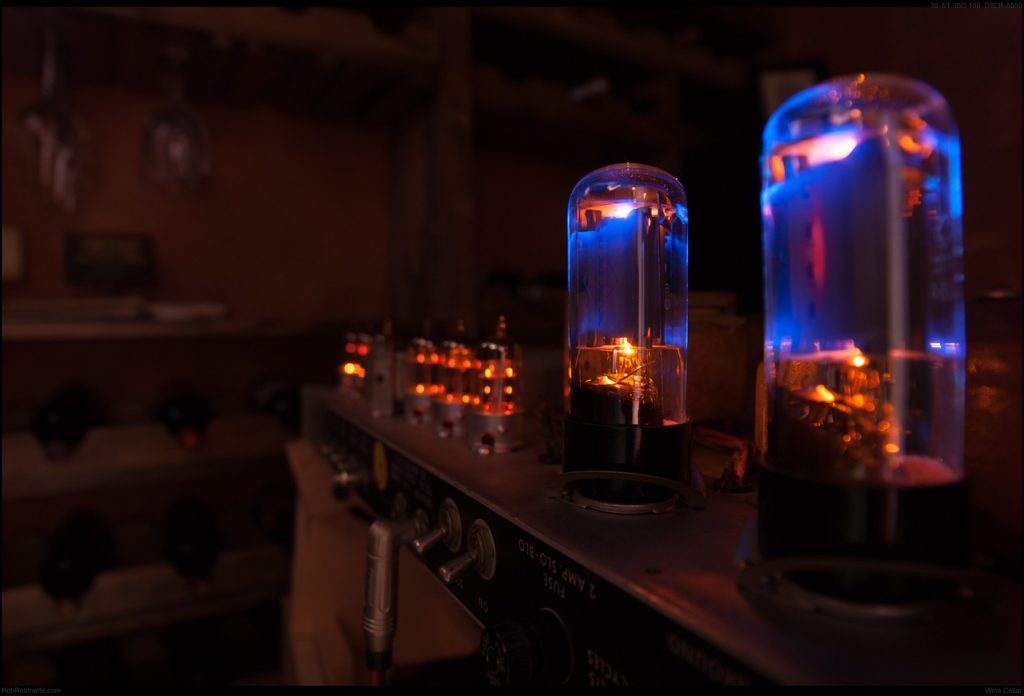
What to Consider When Choosing an Amplifier?
- Power: When choosing an amplifier, consider its output power, which must be matched to your speakers. An underpowered amplifier may not provide enough energy to drive the speakers, leading to sound distortion. On the other hand, an overpowered amplifier can damage the speakers.
- Frequency response: A wide frequency response means that the amplifier can handle both low and high-frequency sounds without losing quality. In practice, this translates to better detail reproduction, from bass to treble.
- THD (Total Harmonic Distortion): This indicates the level of harmonic distortion. The lower the THD, the cleaner the sound.
- Damping factor: This measures the amplifier’s control over the speaker diaphragm’s movement, affecting bass precision. A higher damping factor results in more precise and controlled low frequencies.
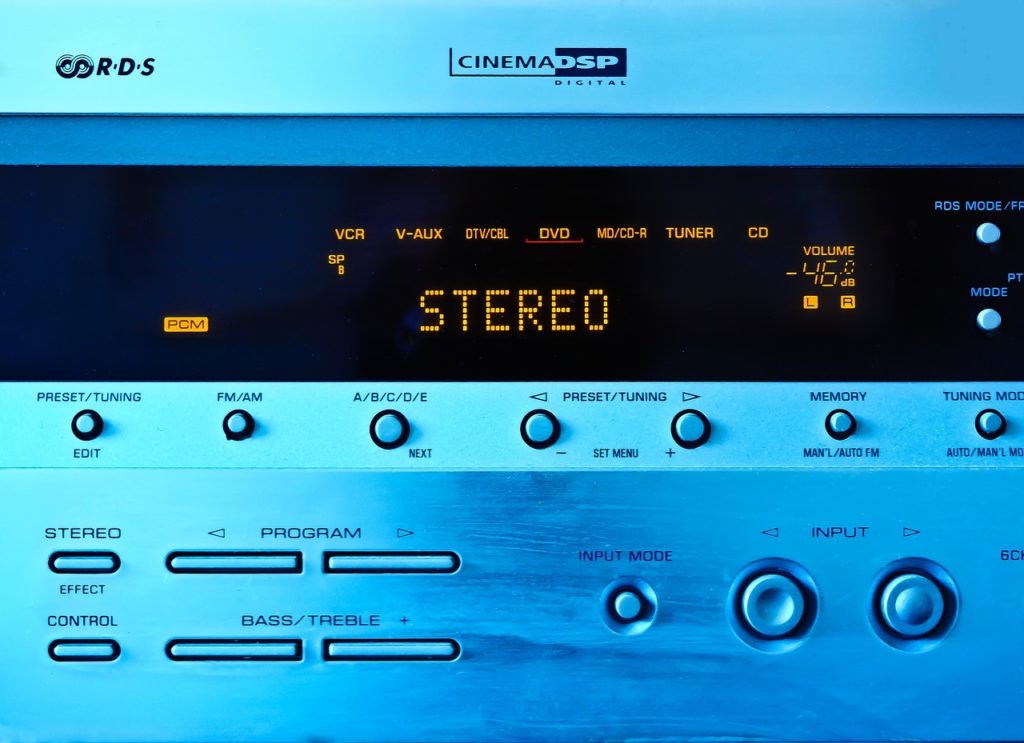
Opinions on Audio Amplifiers
Tube amplifiers: Sound experts often praise tube amplifiers for their characteristic sound, especially valued in classical music, jazz, and vocal performances. For some, tube amps provide a “livelier” sound, making music more emotionally engaging. However, their delicacy and the need for regular maintenance can be a drawback for users seeking a more hands-off device.
Transistor amplifiers: Most opinions about transistor amplifiers are positive, especially regarding their performance and durability. Modern transistors can deliver very precise and neutral sound, ideal for those seeking maximum audio fidelity. On the downside, some users find this sound to be too “cold” and clinical.
Hybrid amplifiers: These amplifiers are gaining popularity as they combine the power and reliability of transistors with the pleasant sound of tubes. Audiophiles often note that hybrids offer the best of both technologies, though they may not fully meet the expectations of those looking for the pure warmth of tube sound.
Class D amplifiers: These amplifiers are increasingly popular, especially in portable and modern hi-fi systems. Their main advantage is efficiency and compactness. While early Class D models were criticized for sounding somewhat artificial, today’s high-end models offer impressive sound quality, competing with more traditional designs.
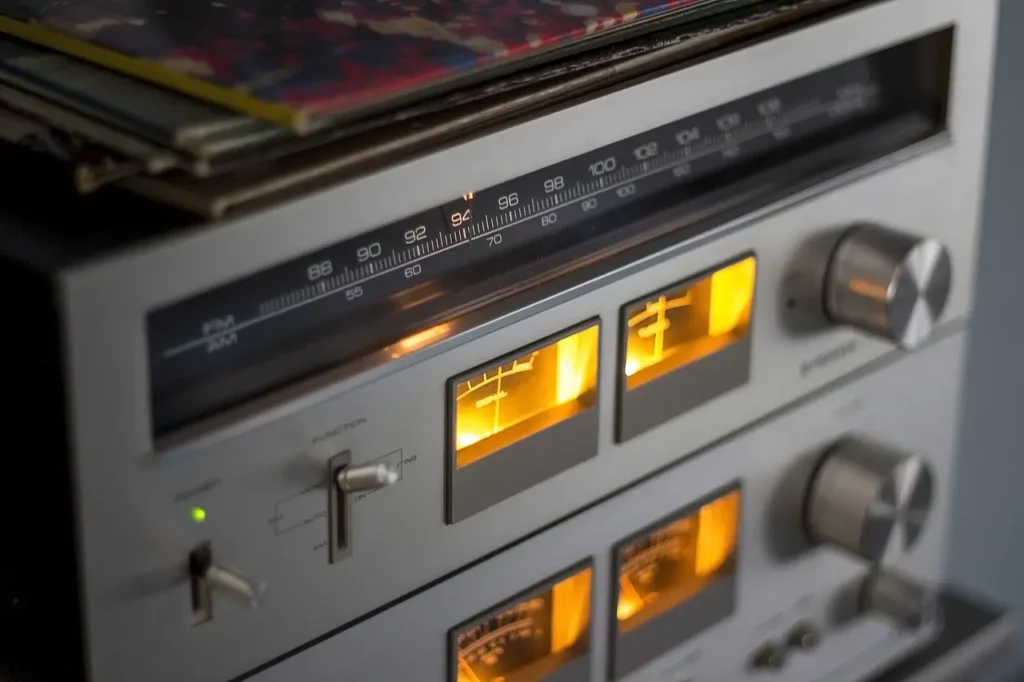
Conclusion
Audio amplifiers review indicates that they are the heart of any sound system. Choosing the right model depends on your personal sound preferences, the type of music you enjoy, and technical factors such as speaker type and room acoustics. Each type of amplifier has its pros and cons, and the final decision depends on whether you prioritize maximum sound fidelity or a more characteristic sound profile.
If you’re after warm, analog sound and don’t mind spending some time on maintenance, a tube amplifier might be the perfect choice. If reliability, power, and precision are more important, transistors may be the way to go. For those looking to combine the best of both worlds, hybrids offer an optimal compromise.
It is worth remembering that due to their style, audio amplifiers are also an important element of any interior design

